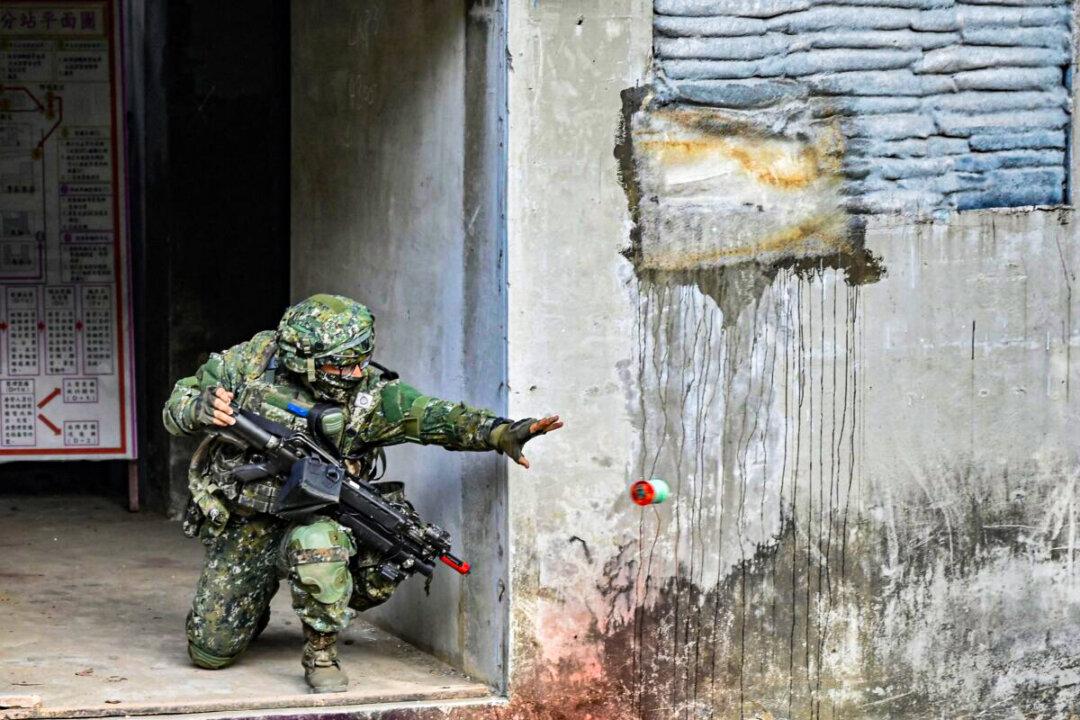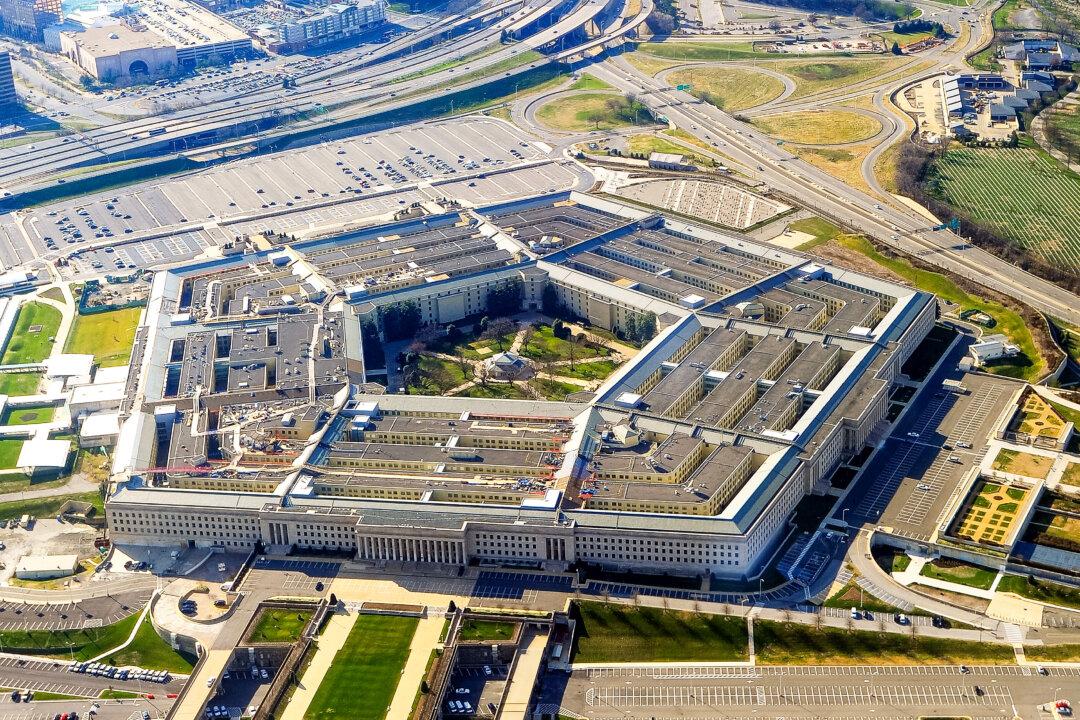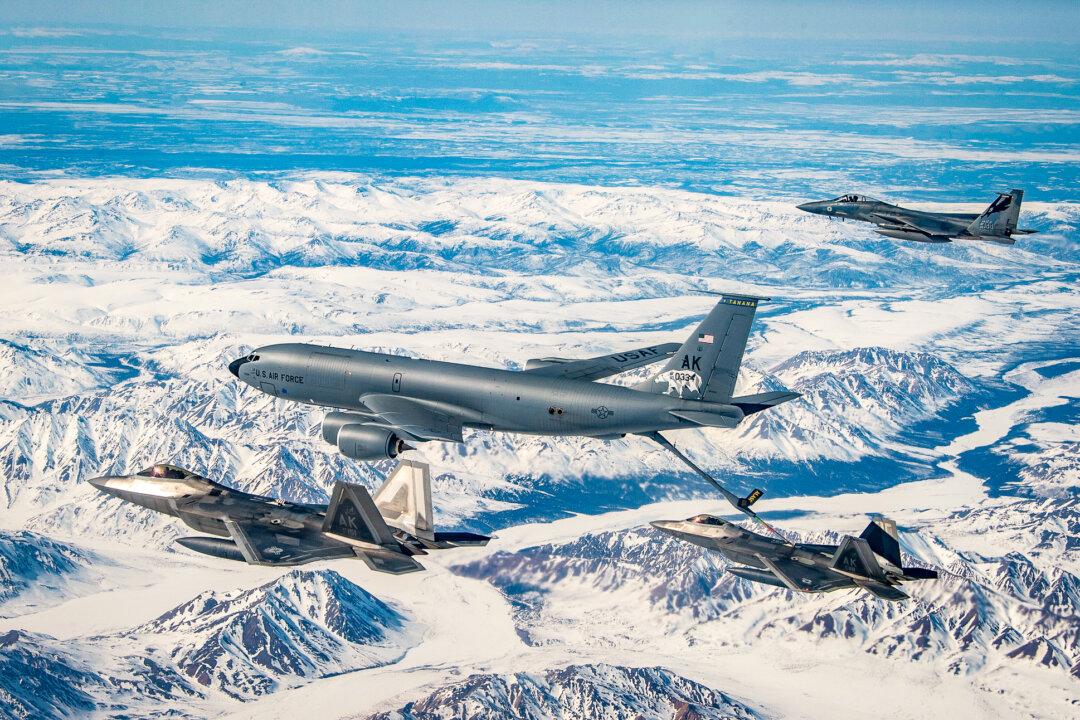Taiwan may be forced to confront a saturation of missile attacks and cyberattacks against critical infrastructure in a fight to maintain its de facto independence from the Chinese regime. Taking tips from Ukraine could prove to be beneficial to its survival, according to experts.
Russia is using a variety of cruise missiles and short-range ballistic missiles (SRBM) to inflict damage to the Ukrainian military and country’s infrastructure. While Ukrainian defense forces remain intact, they have not been able to stop the ability of the Russian military to conduct the missile attacks.




